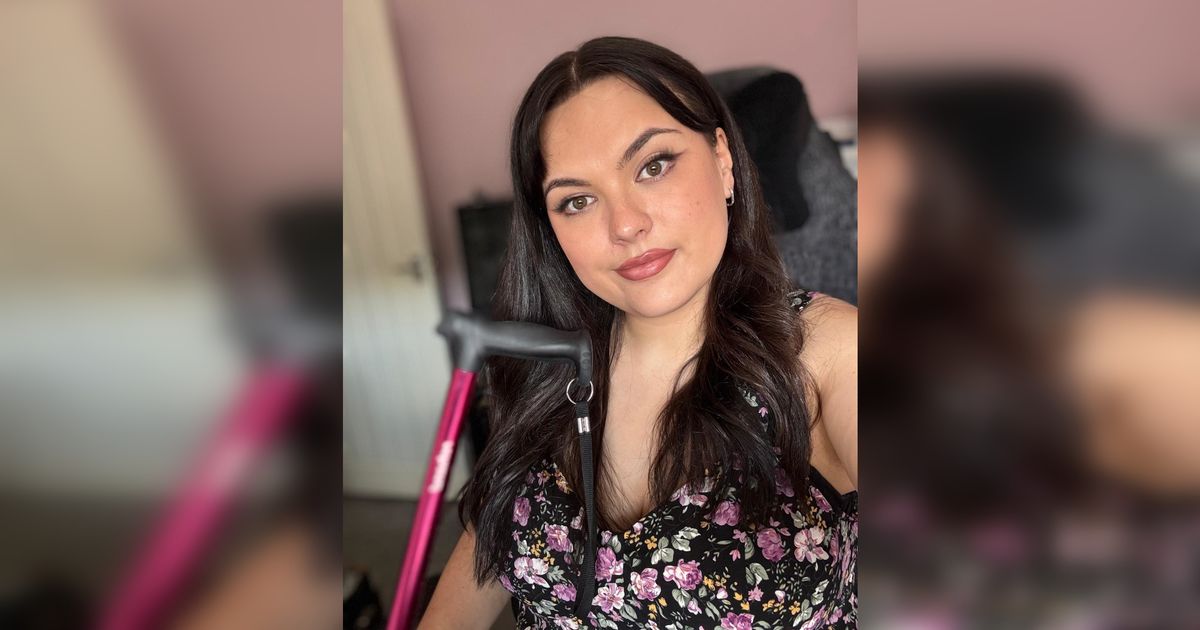Jessica Smith relies on a walking stick to get around due to constant pain Jessica Smith, 32, from St Helens(Image: Submitted)
Jessica Smith, 32, from St Helens(Image: Submitted)
A woman who has lived in constant pain for almost a decade has opened up about the moment that prompted her to seek help. Jessica Smith, who lives in St Helens, began suffering from debilitating periods at the age of 12, but was repeatedly told it was “normal” for women in her family.
It wasn’t until her mid-20s, after experiencing such severe pain that she collapsed, that Jessica finally began to realise something was seriously wrong. Doctors initially told her it was a burst ovarian cyst and diagnosed her with polycystic ovary syndrome (PCOS). But her symptoms worsened, and she was forced to give up her love of jogging due to constant pelvic pain. Walking, working, and even standing for long periods became difficult.
Jessica was finally diagnosed with stage three endometriosis in 2018 – a chronic condition where tissue similar to the lining of the uterus grows outside the uterus. Despite undergoing three surgeries, she continues to experience persistent pain and now relies on a walking stick to get around.
In response to her ongoing struggles, Jessica has launched a campaign advocating for increased research and improved treatment options for those living with endometriosis.
The 32-year-old told the ECHO: “I got told I was just unlucky and it was just one of those things the women in my family dealt with. My mum thought it was normal, everyone did. So I just cracked on with it and suffered.
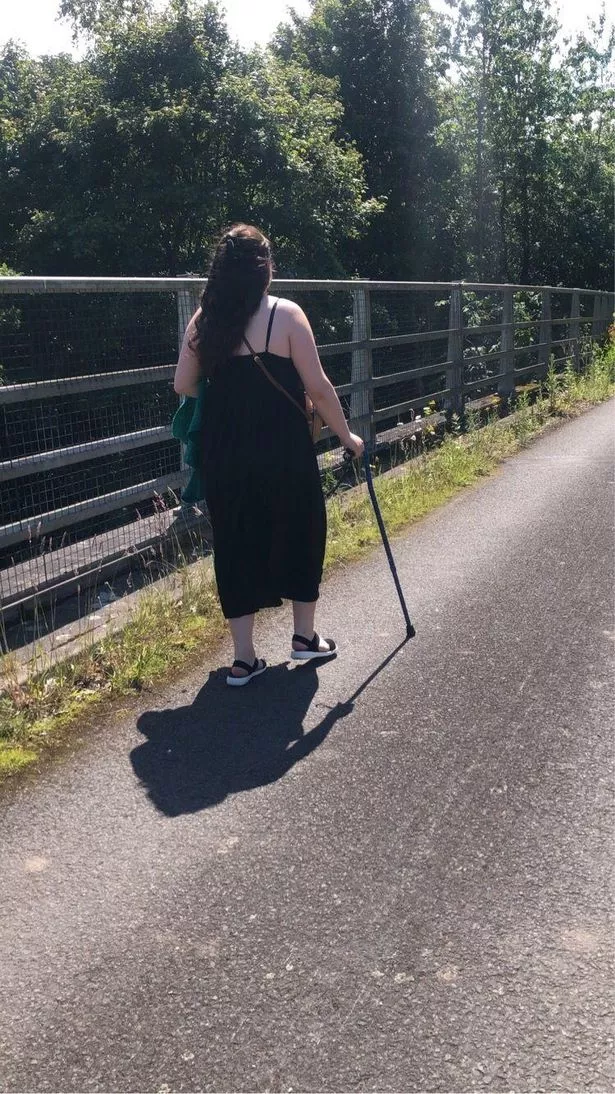 Jessica’s pain became so severe she began using a walking stick to get around(Image: Submitted)
Jessica’s pain became so severe she began using a walking stick to get around(Image: Submitted)
“It was just a nightmare, I was so self conscious and I could never concentrate. I did so badly at school and I think a massive part of that was because of the condition. I’m used to popping ibuprofen, I’ve been doing it since I was around 12. I go through a whole packet a day, easily.
“I didn’t know until I was around 24 I wasn’t supposed to be in that much pain. It affects everything: social life, work, hobbies, school. It’s not normal.”
While at work one day, Jessica overheard a radio segment talking about endometriosis, a condition she had ‘never heard of before’.
She said: “I knew straight away that’s what I had. I printed off a list from the NHS website about endometriosis symptoms and highlighted it all based on the severity of my symptoms. I went to the doctors and luckily the doctor agreed to send me for tests.
“I’d been messed around for years but as soon as I had the name of the condition I was able to get somewhere. He was really open to listening. But that’s unusual so I’m very lucky.”
In April 2018, she was finally diagnosed with stage three endometriosis. By her second surgery in 2021 at Liverpool Women’s Hospital, the condition had progressed to stage four – the most severe level. She said: “I was riddled with it.”
Despite surgery and attempts at hormone therapy, Jessica’s condition continued to impact her mobility, work, and mental health. She was put into an induced menopause without hormone replacement therapy (HRT), which she described as ‘brutal’.
She said: “It’s like going into the menopause overnight. I was incredibly unwell mentally. It’s intense hormonal changes and it didn’t agree with me at all.”
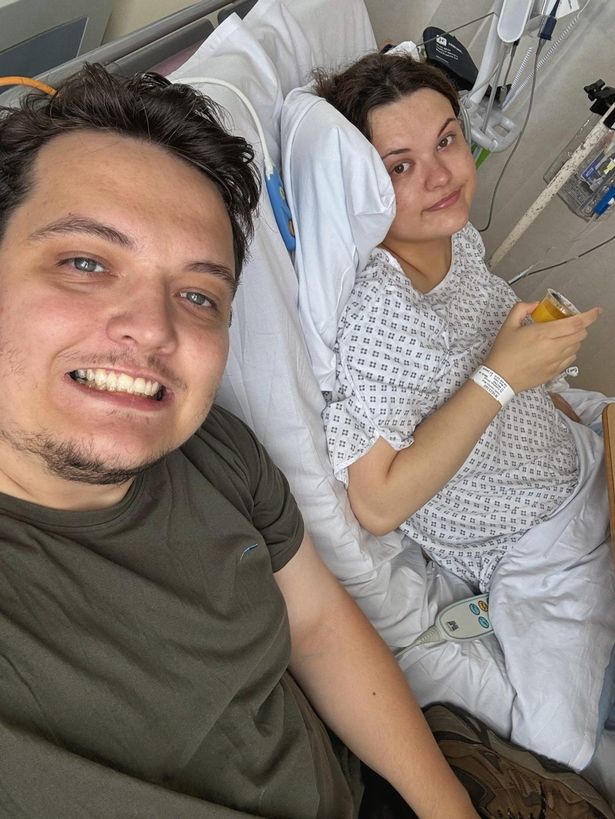 Jessica and her partner Jonathon, who have been together since 2012(Image: Submitted)
Jessica and her partner Jonathon, who have been together since 2012(Image: Submitted)
By 2024, Jessica’s condition had deteriorated to the point where she was forced to leave her career in marketing. She began relying first on a walking stick, and later a wheelchair, due to the constant pain.
She said: “I couldn’t walk more than five minutes. I couldn’t type. I had mystery nerve issues in all my limbs. I was having memory problems. I was expected to lead big meetings with corporate partners and it just became impossible.”
Jessica has since undergone a third surgery, which temporarily improved her mobility, allowing her to walk out of the hospital unaided. But her symptoms are now returning. She said: “It’s going downhill again. I don’t need a wheelchair yet, but I don’t know what comes next.”
Jessica’s pain is not limited to her pelvis. She experiences nerve issues in her legs and arms, and describes the sensation as “like you’ve sat on your feet for an hour, but in all my limbs.”
Jessica, who also suffers with mild anxiety, claims a doctor once told her she was in so much pain because she was ‘getting herself all worked up’.
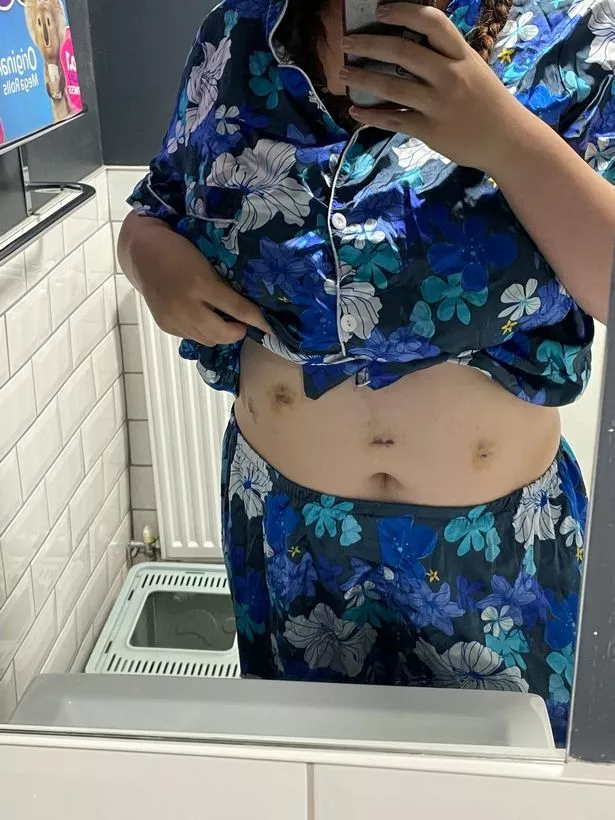 Jessica has undergone three surgeries as a result of her condition(Image: Submitted)
Jessica has undergone three surgeries as a result of her condition(Image: Submitted)
She said: “They blamed it on my anxiety, and not the fact I had stage four endometriosis. I’d love to say I’m a unique situation, but the reality is it’s so common. It’s sickening how common this treatment of women is.
“I’ve been told if I have a baby my pain will go away. How am I supposed to have a baby when I can’t even get myself dressed? If I didn’t feel like this I would love to have children.”
Jessica said she is “frustrated” by the lack of consistent medical knowledge and the dismissive attitudes many women with chronic pain face. Now, she is channelling her experience into activism, and has launched a petition calling for a national treatment registry for endometriosis patients – not only to record surgeries, but to track outcomes, medication effectiveness, and overlapping conditions.
She said: “We already have registries like this for diabetes and cancer. They help make treatment better and reduce costs for the NHS. Why not for endometriosis?”
According to Endometriosis UK, the condition affects 1.5m people in the UK, similar to the number affected by diabetes, and costs the UK economy £8.2bn per year in treatment, healthcare, and lost productivity. On average, it takes over eight years from first GP visit to diagnosis.
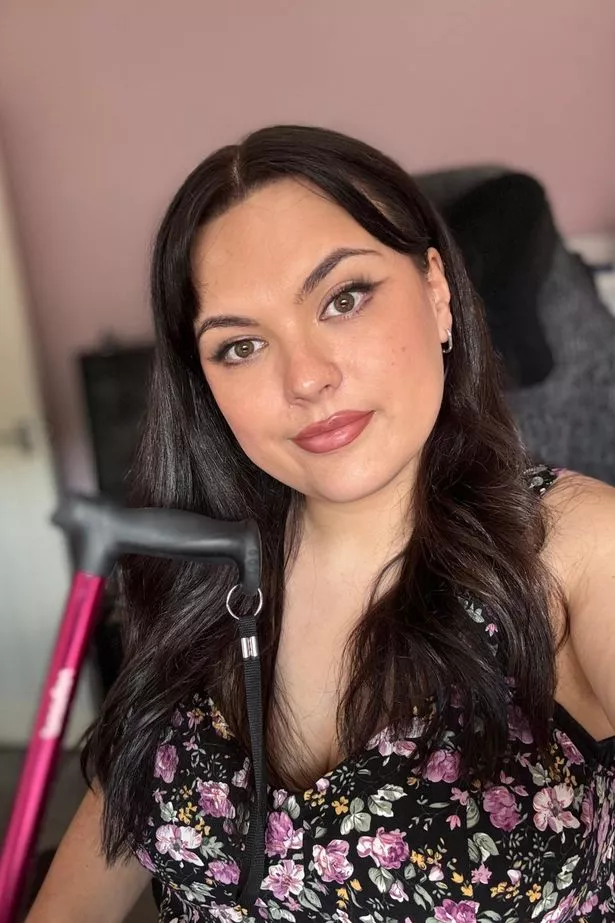 Jessica Smith, 32, from St Helens(Image: Submitted)
Jessica Smith, 32, from St Helens(Image: Submitted)
Jessica hopes that by collecting and sharing real-world data, care for people like her will improve, and other women won’t have to go through what she has.
Jessica added: “I used to be so positive and driven but the pain is relentless. I loved working, I loved being independent. Now, just washing my hair or eating a meal is a full time job. The pain never stops.
“It’s been a very hard adjustment going from someone who’s independent to someone who doesn’t leave the house, just surviving each day. But I want things to change, not just for me, but for all of us.”
Anyone wishing to sign Jessica’s petition can do so here.
